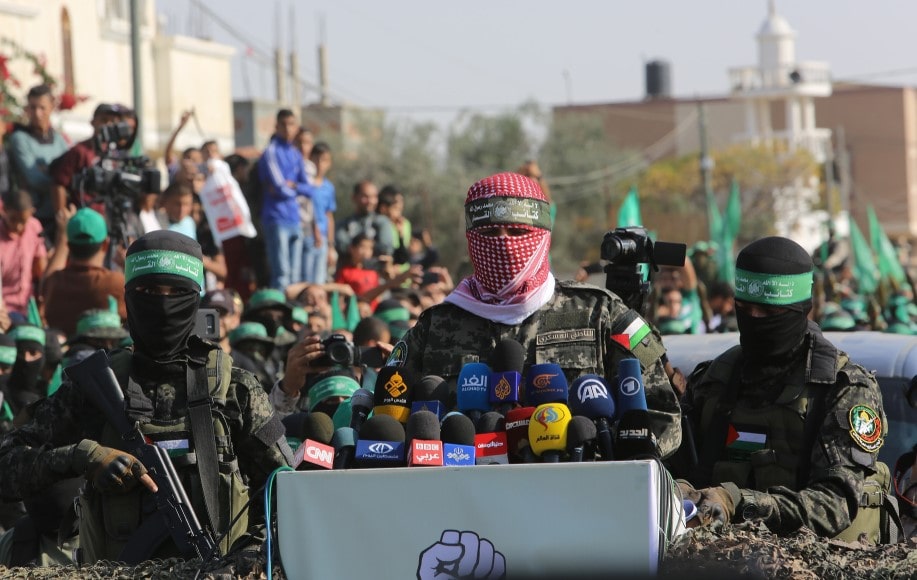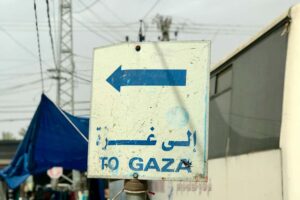
The war in Gaza is progressing very differently than Hamas hoped. The terror group expected to declare victory after an intense but brief clash, while suffering limited damage. Instead, the conflict has become an ongoing nightmare.
Gaza’s terrorists often pride themselves on being able to read and understand Israel. But they misjudged badly this week and are now paying a heavy price. Three terrible decisions by Hamas led to this outcome.
Launching a rocket attack on Jerusalem was a PR achievement but an unwise provocation. Hamas and its partners were so focused on their own outrage and “defending Al-Aqsa” that they forget the central place of Jerusalem in the Israeli ethos. Attacking the capital city was bound to trigger a harsh response.
But Hamas failed to understand this and committed a second mistake: Bombarding Tel Aviv. This ensured that the IDF will not settle for a short operation and pound Gaza’s terrorists extra hard to restore deterrence and destroy Gaza’s terror infrastructure. Israel simply could not afford a weak response with Iran and Hezbollah watching.
The assault on Tel Aviv also resulted in a third mistake: Firing hundreds of rockets on central Israel in the early stages of conflict. This would make sense if the battle ended in 2-3 days, as Hamas expected. But once Israel embarked on a longer campaign, Hamas was in deep trouble, as it lacked a viable Plan B.
Hamas faces catastrophe
Without an exit plan, Hamas remained helpless as the IDF launched a counter assault. With every passing day, the group suffered increasingly catastrophic blows as key assets and operatives were being eliminated en masse. Its vast terror tunnel network was devastated in a surprise attack, with numerous terrorists trapped inside.
In parallel, Hamas responded with mostly ineffective moves. Rocket attacks are causing limited damage and casualties, drone attacks on the border were easily intercepted, and most anti-tank squads were liquidated before striking.
Meanwhile, after firing too many rockets too early (the IDF destroyed a few more thousands), Hamas is now forced to economize. Rocket attacks are declining as a result, making them less effective and impressive.
Terrorists are likely saving rockets for a major barrage before the fighting ends. This partly explains while no missiles have been fired on Tel Aviv since Thursday. On Saturday the fire resumed with dozens of rockets at central Israel, still far fewer than the earlier strikes.
The war is not yet over, and surprises are possible on both sides. But Hamas and Islamic Jihad have already suffered a disastrous setback. Terror leaders, hiding deep in their bunkers, likely regret their earlier decisions. And Israel’s military campaign continues.


